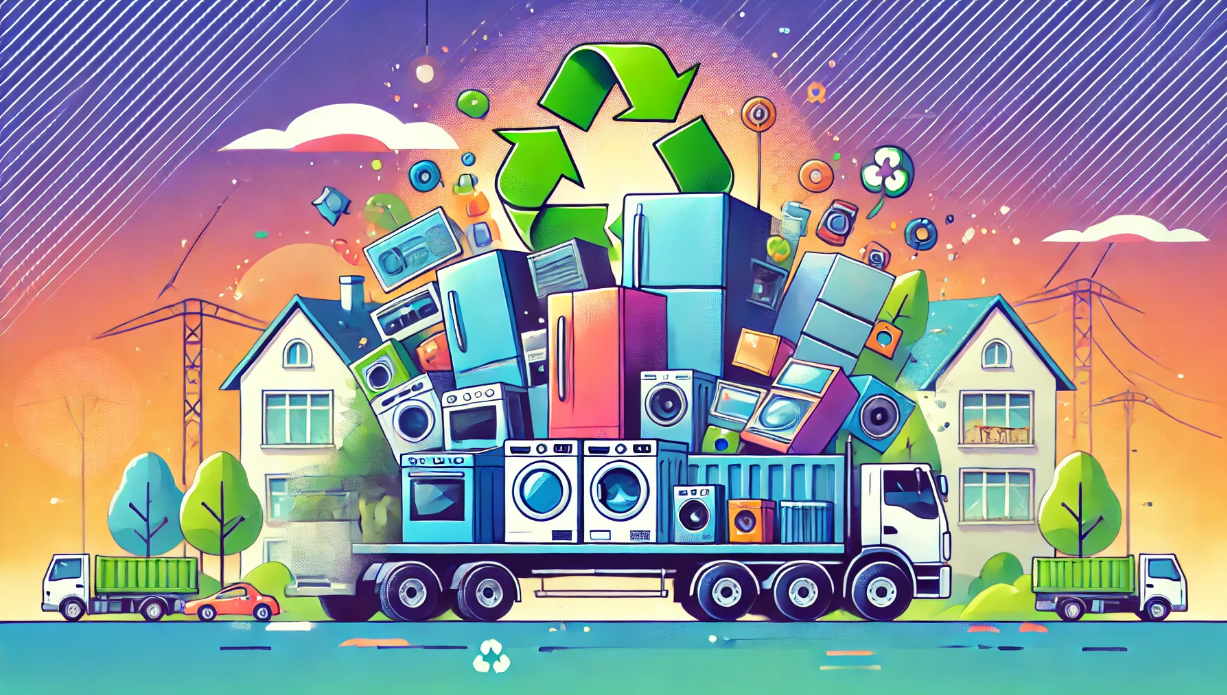
Appliance Recycling and Removal: Your Complete Guide to Eco-Friendly Disposal
Getting rid of old appliances can be a challenging task. Whether you're upgrading to newer models, moving, or simply decluttering, you need a reliable way to dispose of these bulky items. However, throwing them away isn't the best option—many appliances contain materials that can be harmful to the environment if not disposed of properly. Appliance recycling and removal services offer a convenient and eco-friendly solution. In this guide, we’ll cover everything you need to know about recycling and removing old appliances, including the benefits, disposal options, and tips for choosing the right service.
What Is Appliance Recycling and Removal?
Appliance recycling and removal involves the safe and responsible disposal of household and commercial appliances. These services ensure that your old appliances are collected, transported, and processed in an environmentally friendly manner. Appliances like refrigerators, ovens, washing machines, and air conditioners contain materials that can be harmful to the environment, such as refrigerants, metals, and plastics. Proper recycling prevents these materials from ending up in landfills and helps recover valuable components for reuse.
Why Appliance Recycling Is Important
- Environmental Protection: Many appliances contain hazardous materials that can leak into the soil and water if not disposed of correctly. Recycling ensures these materials are handled safely.
- Resource Conservation: Appliances contain valuable metals like steel, copper, and aluminum, which can be recovered and reused, reducing the need for new raw materials.
- Energy Savings: Recycling old appliances saves energy by reducing the need for mining, refining, and processing new materials.
- Compliance: Proper disposal of appliances is often required by law. Recycling helps you comply with local regulations and avoid potential fines.
Common Appliances That Can Be Recycled
- Refrigerators and Freezers: Contain refrigerants and foams that must be handled with care.
- Washing Machines and Dryers: Made mostly of metal, which can be easily recycled.
- Dishwashers: Contain both metal and plastic components that can be recycled.
- Ovens and Stoves: Often made of steel and other metals that are highly recyclable.
- Air Conditioners: Contain refrigerants and metals that require special handling.
- Microwaves: Composed of various recyclable materials, including metals and electronics.
How to Recycle Old Appliances
Recycling old appliances is easier than you might think. Here are the steps to follow:
- Assess the Condition: Determine whether your appliance is still working or if it’s beyond repair. If it still works, consider donating it instead of recycling.
- Research Local Programs: Many cities and towns have specific programs for appliance recycling. Check with your local waste management or recycling center to find out what options are available.
- Schedule a Pickup: Many appliance recycling services offer pickup options, which is particularly helpful for large, heavy items. Some manufacturers and retailers also offer take-back programs when you purchase a new appliance.
- Prepare the Appliance: Before pickup, ensure the appliance is disconnected from any utilities, cleaned out, and free of any personal items.
- Consider Donation: If your appliance is still functional, consider donating it to a charity or non-profit organization. Many organizations will even pick up the appliance for free.
Appliance Recycling vs. Donation
| Option | Pros | Cons | Best For |
|---|---|---|---|
| Recycling | Environmentally friendly, recovers valuable materials | May require a fee or drop-off | Non-functional or outdated appliances |
| Donation | Helps those in need, keeps items out of landfills | Only possible if the appliance is in working condition | Functional appliances in good condition |
How to Choose the Right Appliance Removal Service
Selecting the right appliance removal service is key to ensuring your old appliances are disposed of responsibly. Consider the following factors:
- Experience: Look for a service with a proven track record in appliance removal. Experience ensures they know how to handle various types of appliances, including those that require special disposal methods.
- Eco-Friendly Practices: Choose a service committed to recycling and eco-friendly disposal. Ask about their recycling rates and whether they work with certified recycling facilities.
- Pricing: Get quotes from multiple providers to ensure you’re getting a fair price. Some services may offer free removal if the appliance still has value.
- Convenience: Opt for a service that offers pickup options to save you the hassle of transporting heavy appliances yourself.
- Insurance: Make sure the company is insured, especially if they will be removing large appliances from your home. This protects you in case of any damage during the removal process.
FAQs About Appliance Recycling and Removal
Q: Can I recycle appliances that contain refrigerants?
Yes, but it’s important to work with a service that is certified to handle refrigerants safely. These chemicals can be harmful to the environment if not managed correctly.
Q: Is there a fee for appliance recycling?
Some recycling centers charge a fee to cover the cost of proper disposal, especially for items that contain hazardous materials. However, some services offer free pickup and recycling, particularly if the appliance still has resale value.
Q: How do I know if my old appliance can be donated?
If the appliance is still in working condition and not too outdated, it’s likely that a charity or non-profit organization will accept it. Check with local organizations to see if they have any specific requirements.
Q: What happens to my appliance after it’s recycled?
Once your appliance is collected, it’s taken to a recycling facility where it’s broken down into its component parts. Metals, plastics, and other materials are separated and processed for reuse, while hazardous materials are safely disposed of.
Tips for Responsible Appliance Disposal
- Plan Ahead: Don’t wait until the last minute to arrange for appliance removal. Planning ahead ensures you have time to research your options and choose the best service.
- Avoid Illegal Dumping: Never leave appliances on the curb or in unauthorized locations. This can result in fines and environmental damage.
- Remove Personal Items: Before removal, double-check that you’ve removed any personal items from your appliance, including forgotten food in refrigerators or clothing in washers and dryers.
- Unplug and Clean: Disconnect the appliance from any power sources and give it a quick clean to remove debris or residue.
Encouraging Community Involvement
Recycling and responsible disposal of appliances is not just an individual effort; it’s a community responsibility. Here’s how you can get involved:
- Organize a Community Appliance Recycling Event: Partner with a local recycling center or removal service to organize a community event where residents can drop off their old appliances for recycling.
- Promote Awareness: Use social media, community boards, and local newsletters to raise awareness about the importance of appliance recycling and the services available in your area.
- Support Local Charities: If you’re donating an appliance, consider supporting local charities that provide resources to those in need.
Appliance recycling and removal are crucial steps in managing household waste responsibly. By choosing eco-friendly disposal options, you not only protect the environment but also contribute to the conservation of valuable resources. Whether you’re recycling, donating, or hiring a removal service, this guide has provided the essential information you need to make the process smooth and efficient. Ready to dispose of your old appliances? Contact a professional appliance recycling and removal service today and take the first step toward responsible disposal!
EMAIL US
Get A Free Estimate
Sign up to our newsletter
We will get back to you as soon as possible
Please try again later
Cities we service
Cape Coral
Bonita Springs
North Fort Myers
Lehigh Acres
Captiva
St James city
Bokeelia
Estero
Services
Hours
Monday : 8am - 6pm
Tuesday : 8am - 6pm
Wednesday : 8am - 6pm
Thursday : 8am - 6pm
Friday : 8am - 6pm
Saturday : 8am - 6pm
Sunday : 8am - 6pm
All Rights Reserved | Pure Disposal


